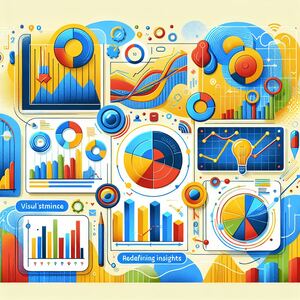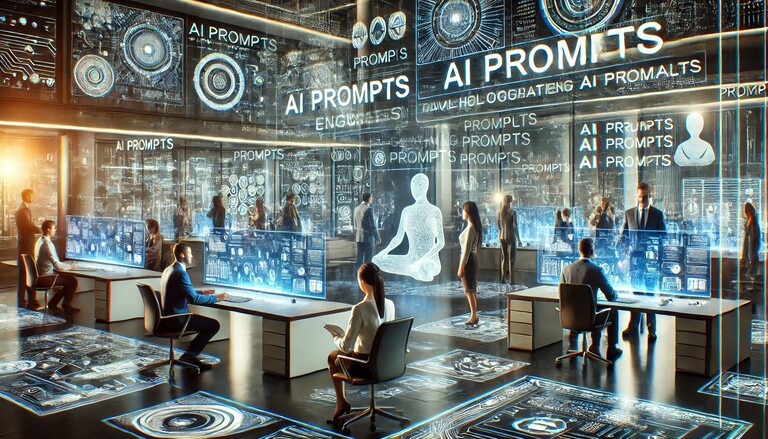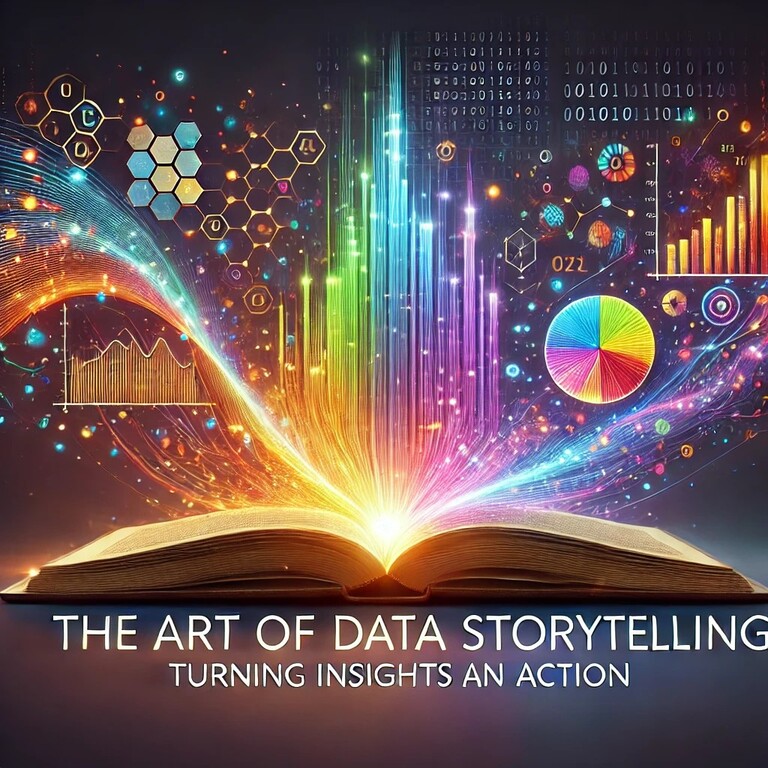The landscape of data learning is evolving at breakneck speed, with innovations reshaping industries and societies alike. Yet, amidst this rapid transformation, one timeless truth persists: collaboration between academia and industry is the key to unlocking the full potential of data-driven progress. This article explores how a symbiotic relationship between these two sectors can transform data learning practices and technologies, laying the foundation for a smarter, more connected future.
Why Collaboration is Essential in Data Learning
Bridging the Skills Gap
The ever-growing demand for data professionals highlights a critical gap in skills and expertise. According to reports, businesses are struggling to find talent equipped with cutting-edge data skills, while universities face challenges in keeping curricula aligned with industry needs. Collaborative programmes can help bridge this divide, ensuring students graduate with job-ready expertise while giving industry partners access to top-tier talent.
Driving Innovation Through Shared Insights
Academia is a hub for theoretical advancements, while industry leads in practical application. By combining forces, these sectors can accelerate innovation. For example, companies can provide real-world data sets for academic research, while universities can deliver insights that businesses might overlook.
The Long-Term Benefits of Academia-Industry Partnerships
Advancing Technology
Collaborative efforts between academia and industry often lead to groundbreaking technologies. For instance, the evolution of machine learning models owes much to partnerships between tech firms and research institutions. Future advancements, such as explainable AI and quantum computing, will likely depend on similar alliances.
Shaping Ethical Data Practices
Data ethics is a critical concern for both academia and industry. Universities can guide ethical frameworks, while companies can test their viability in real-world scenarios. This synergy ensures that data technologies grow responsibly and inclusively.
Strategies for Effective Collaboration
1. Co-Developed Curricula
Jointly designing educational programmes allows universities to incorporate real-world challenges into academic coursework. For example, some universities partner with tech giants to offer modules focused on emerging trends like generative AI or predictive analytics.
2. Research Funding and Knowledge Sharing
Industry funding for academic research fosters innovation while allowing companies to stay at the cutting edge of discoveries. Open communication channels ensure findings benefit both parties.
3. Talent Development Through Internships and Fellowships
Internships and fellowships provide students with hands-on experience while companies gain fresh perspectives and skilled candidates. Such opportunities also strengthen employer-university relationships.
Overcoming Challenges in Academia-Industry Collaboration
Despite the benefits, challenges exist. Differences in priorities, timelines, and goals can complicate partnerships. Academia tends to focus on long-term theoretical advancements, whereas businesses often seek immediate, applied results. However, fostering mutual understanding and establishing clear objectives can bridge these gaps.
The Future of Data Learning
The future of data learning lies in integration. As technology evolves, so too must the ways we teach and apply data skills. Long-term collaboration between academia and industry will ensure data learning adapts to emerging trends, benefiting society at large.
Key areas for future focus include:
- Interdisciplinary Learning: Combining data science with fields like healthcare, environmental science, and economics.
- Lifelong Learning Initiatives: Upskilling programmes for professionals to stay ahead of technological changes.
- Global Collaboration: Partnerships across borders to tackle global challenges using data-driven approaches.
Conclusion
The synergy between academia and industry is no longer optional—it’s essential. By working together, these two sectors can create a future where data learning thrives, equipping the next generation of professionals with the tools they need to solve complex challenges. In a rapidly changing world, collaboration is the only way forward.











